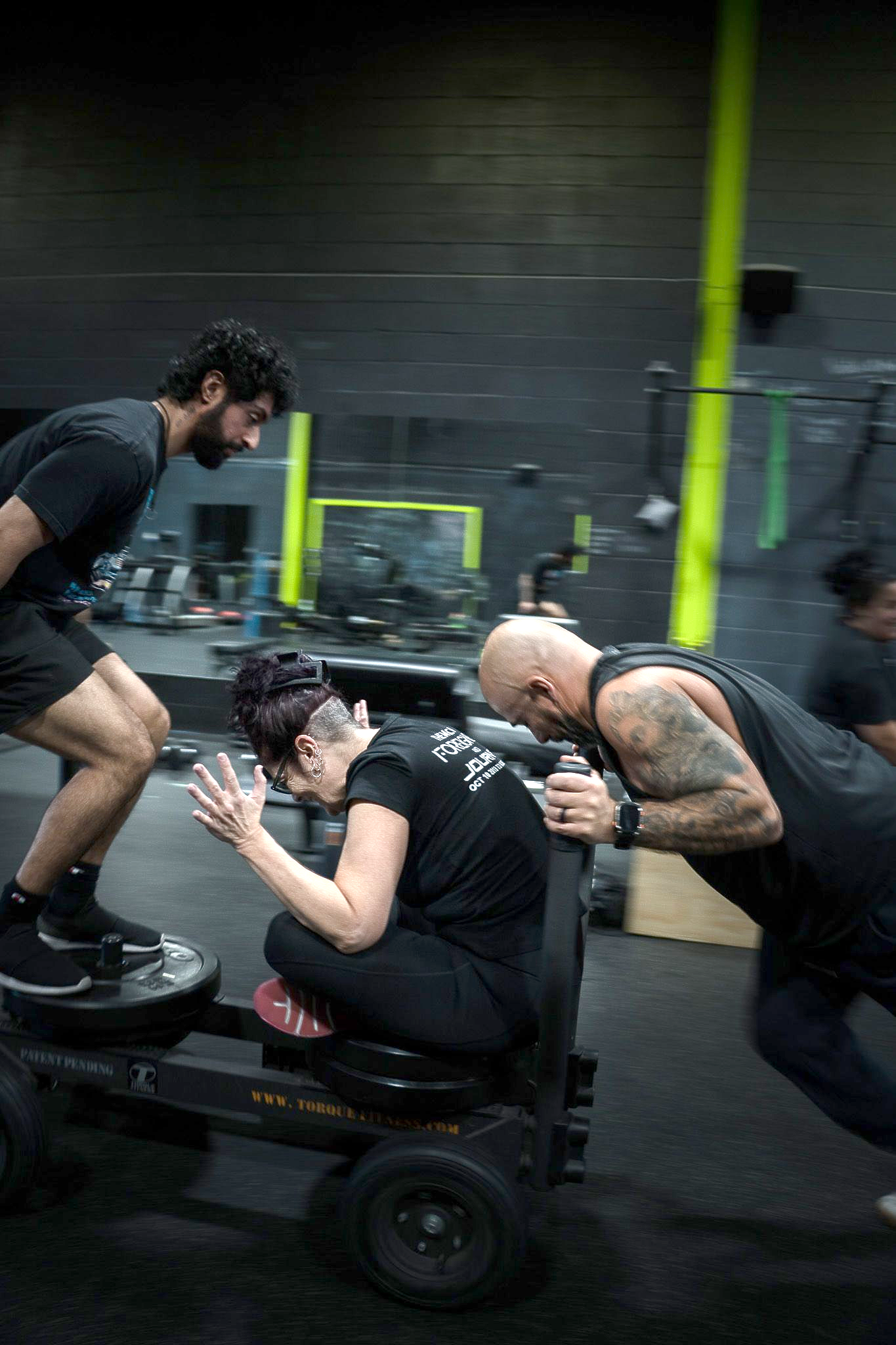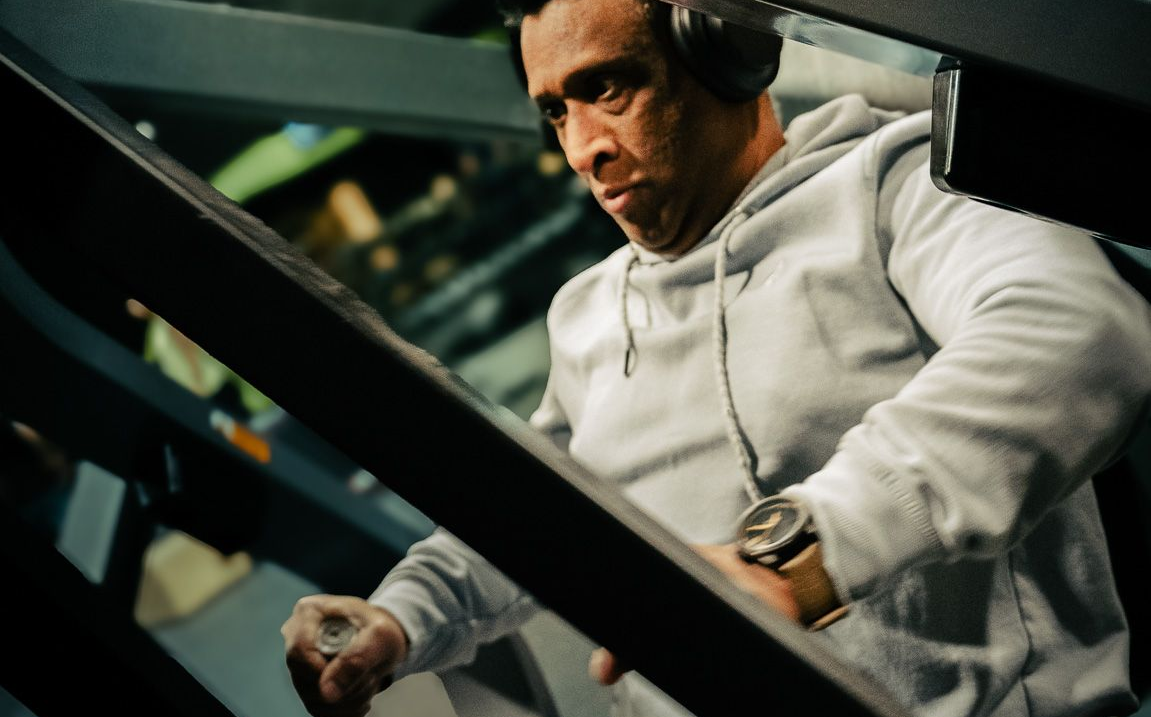FITFORGOOD GYM • June 1, 2020
Intermittent fasting
What is Intermittent fasting?

Intermittent fasting, also known as intermittent energy restriction, is an umbrella term for various meal timing schedules that cycle between voluntary fasting and non-fasting over a given period.
One of the main components of IE(intermittent fasting) is insulin resistance or lowering your insulin resistance.
Every time we eat our body releases insulin and in time our cells become insulin resistant. From the perspective of bodybuilding, muscle cells need insulin to allow amino acids and other nutrients to grow. If our cells are insulin resistant we can chug protein shakes all day long but the amino acids from protein can never make it into the muscle cell to repair it.
Our diet is normally very high in carbs and the idea of eating 5 small meals throughout the day works from a energy expenditure point of view, however it boosts insulin resistance and hence works against your weight loss goals.
You want to replace fat with muscle. When you resistance train you won't pack on muscle like you see in the movies. You will add muscle and muscle requires more energy to maintain and hence you will burn more calories easier.Would you not like a toned body with less fast or a body with less fat looking thin and shriveled.
How to do intermittent fasting?
The basic principle is that you have an"Eating Window". This means you will consume calories for only a certain part of the day. So if you're doing a 16:8 split this means your eating window is 8 hrs a day and you fast for the rest of the 24 hrs. So if you begin eating at Noon your eating window ends at 7 pm
Benefits of intermittent fasting:
- Boosts weight loss
- Increases energy
- Promotes cellular repair and autophagy (when your body consumes defective tissue in order to produce new parts)
- Reduces insulin resistance and protects against type 2 diabetes
- Lowers bad cholesterol
- Promotes longevity
- Protects against neurodegenerative diseases such as Alzheimer’s and Parkinson’s
- Improves memory and boosts brain function
- Makes cells more resilience
- Increases Brain derived Neurotrophic factor( increases survival of existing neurons and grow new neurons)
Intermittent fasting and fat loss
How to begin
You are already fasting every day, well sort off. When you sleep you're not eating so technically you are fasting and then society tells us to have breakfast(break your fast). However, many of us eat late so the "fasting window" is generally short. If you eat dinner at say 9 pm, sleep at 10 and wake up at 7 am, your fasting window is 9 hours. 9 hours of fasting daily is not going to show you much results if any. So a good start to intermittent fasting is to have your dinner by 6 pm.
Why stop eating at 6 pm?
If you stop eating at 6 pm and wake up at 8 am, you now have a 14 hour fasting window, which is a great start into intermittent fasting. I would recommend eating your first meal at 10 am so you have a 16 hr. fasting window. Your body uses energy for metabolism all the time even when you sleep. After 12 hours of fasting your body's glycogen stores are low and you start using fat for fuel. If you want to turbocharge the fat loss, do your cardio first thing in the morning before your first meal (fasted cardio). 16:8: where you're fasting for 16 hours and your eating window is 8 hours. Practice this for a month.
Here is the hard truth. When you eat your body produces insulin. Now, if insulin is present your body does not release growth hormone which is the main fat burning hormone.
Most of you reading this will probably be between the ages of 30 and 55. This is what we have noticed. The real problem is that we continue our eating habits of our 20's into our 30's and 40's but we do not have the same body in our 30's and 40's that we have in our 20's. The amount of hormones our bodies release are less, the amount of stomach acids we produce are less and hence we do not digest our food the same which leads to less nutrition and your body tells you you're hungry and you eat and eat. Our bodies are different, our environments are different, more job stress, some have families, etc.
Watch this video on what happens when you fast.
Calorie Deficit
The Math
3500 calories = 1 Pound of Fat.
So if you had a calorie deficit of 500 calories every day, 1 week(7 days) would allow you to drop 1 pound a week.
Personally I like eating, So i have my last meal at 5 pm, I wake up at 5 am and finish my workout early in the morning, having my first meal at 10 am. Now My first meal is at 1 pm, but I progressed to this ability to fast for 20 hours.
What should my first meal be?
After fasting your intestines become like sponges, in the sense that they quickly absorb whenever you give it. So make your first meal high in protein, vegetables and complex carbs.
Fats are not bad, in fact they help you fast by keeping you satiated longer. When you eat a lot of carbs your blood sugar level goes up and down making you feel terrible, that is why a lot of people fail at "Diets". Have good fats. Fats from Avocados, nuts,Omegas from Fish, etc.
Let us say you have a sugary muffin as your first meal, the muffin has a high Glycemic Index which means it is digested faster and enters your bloodstream faster. then your insulin spikes which then drives your blood sugar down and then your body tells you its hungry again because of the low blood sugar.
Now since I am talking about fats, do not think I am entering a Ketogenic diet here, that will be for another time. I am just stating that if you had Oatmeal, with Nuts and Stevia as a sweetener you would not spike insulin as much as if you had a sugary muffin.
What should my next meal be?
Listen to your body. If you are hungry, go ahead and eat but eat healthy. Make sure you are eating a lot of green vegetables (at least 7 cups a day). We recommend having 1 gram per pound of lean body mass. ALERT!! 1 gram per pound of LEAN BODY MASS
For example, if you weighed 100 lbs. and your body fat% was 30%, you're going to need to eat 70 grams of protein in your eating window.
NO, the myth of the more protein you eat, the more muscles you make is SIMPLY NOT TRUE!! or at least it is not as simple as that.
So during your eating window, you want to eat vegetables like Broccoli, Spinach, Cabbage and other Cruciferous vegetables. Your eating window is smaller yet you need to get your nutrients in for the day.
Do I have to count my calories?
NO. Yes you heard it right. At least not right away. I mean let's face it, we have busy lives and now we are going to spend time counting and preparing meals in ZipLock bags??????? How realistic and sustainable is that? Just fill your plate with greens, proteins and healthy fats. If your plate is half full of broccoli, you are not going to have space for enough food to go overboard and you will stay within your calorie limits. We work with our clients educating them on the food they eat at home and how to modify their own ethnic diet to work for them. This is a sustainable approach. If you want to have your "Butter chicken and Roti", have it! but understand how many calories you're eating and stay below your own body calorie requirements for that day.
That is why I used to burn 600 calories of cardio early morning, It gave me a little buffer physically and mentally.
One of the biggest mistakes I have seen people do, is going crazy on cardio and starving themselves to speed up the process. Yes, they lose some weight but if you notice them at the gym, they cannot keep it up. As they starve themselves, the body adapts and slows down their metabolism reducing their energy and weight loss stops! The real problem is when they eat again, the body coming from a starved state (not fasted), begins storing the food as fat almost from a survival standpoint cause it does not know when it will get this much food again.
Weight training
During this time, it is important to do some form of resistance training 3 times a week. Do total body workouts, compound movements that use multiple muscle groups. You want to add muscle and raise your metabolism(by having more muscle). After all, how long do you plan to do cardio for an hour every day, day after day? Would you not rather do cardio for the benefits of cardio(heart health) than just to lose fat?
Progression
After you have mastered fasting for 12 hours, move on to 14 hours,then 16 hrs and then 18 if you want. This is what you will find. You are not as hungry as you used to be, you are at a better weight and you have moved into a new nutrition lifestyle which is healthier and easier to maintain.
The questions like "I am a bodybuilder, how can I use intermittent fasting to lose fat and add muscle?", or " I do not want to lose muscle", or "I get hungry throughout the day". I will address that in future posts
Contact your physician if you have any health issues before you try any of this.
Please visit this article https://www.fitforgood.ca/how-to-enable-your-body-to-use-body-fat-for-fuel




